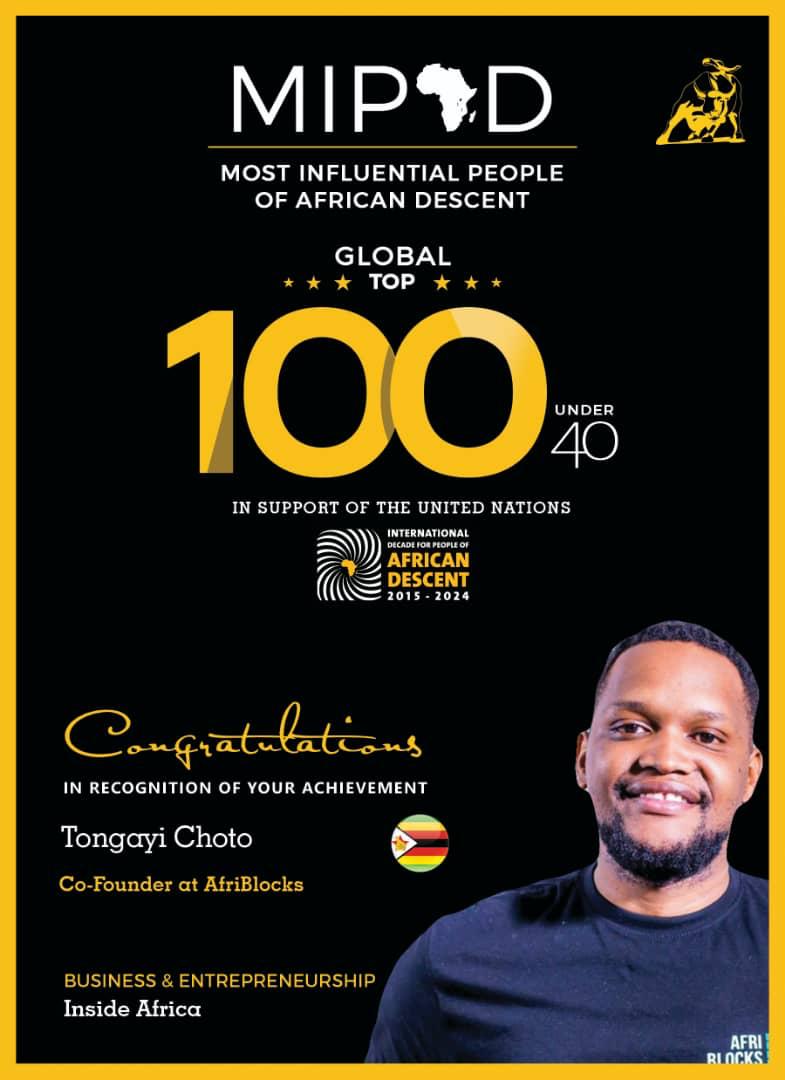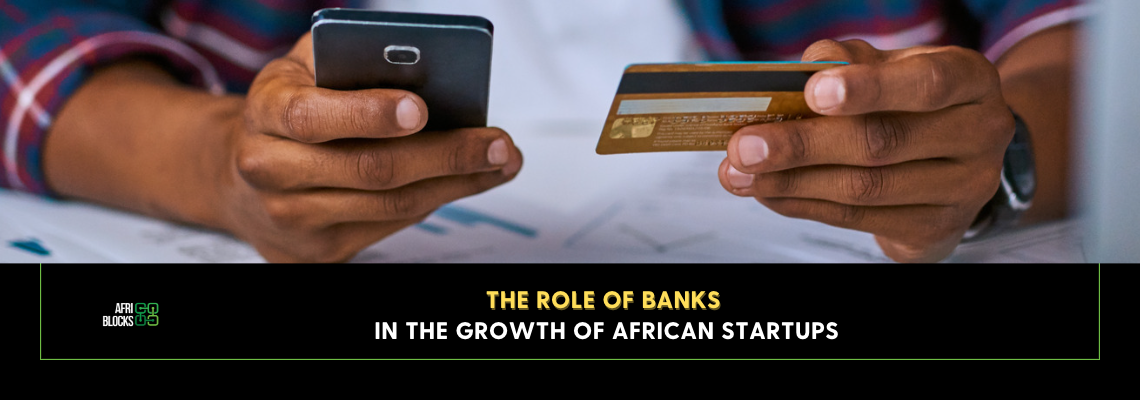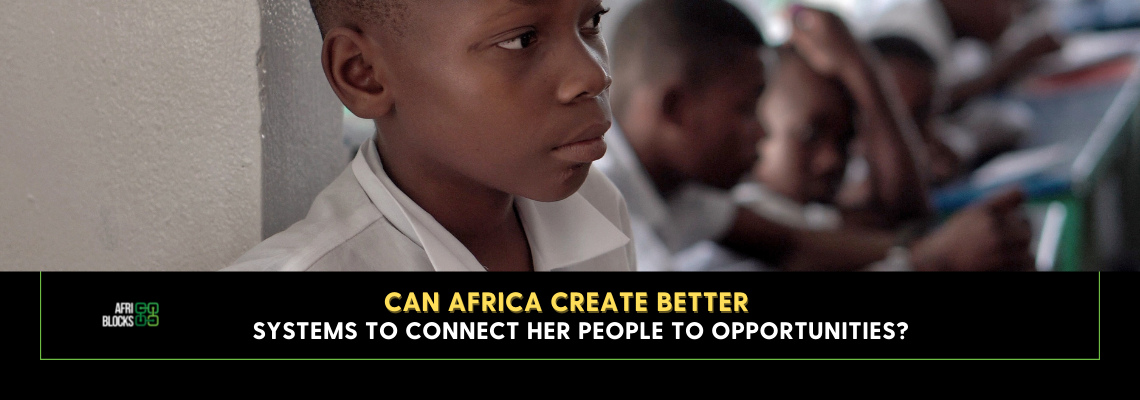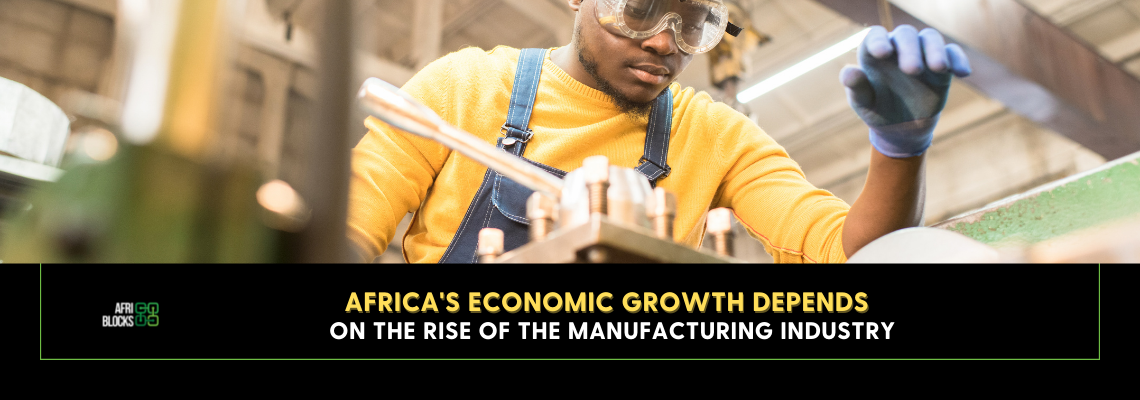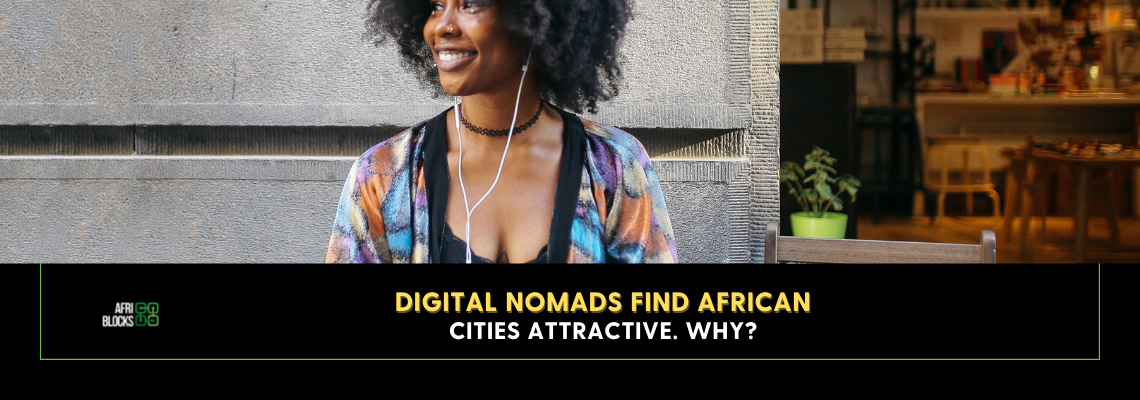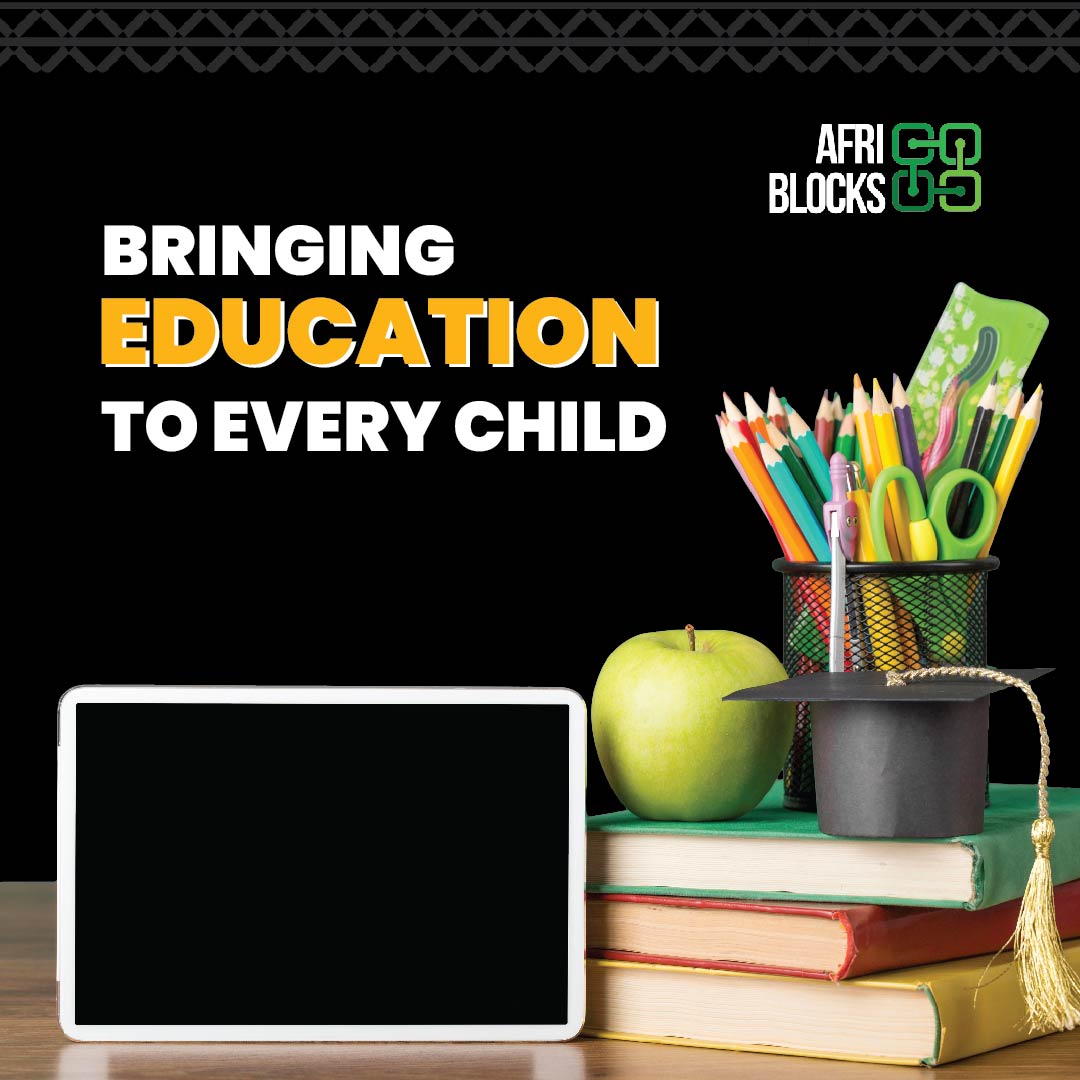
Taurai Minodawafa
We cannot talk about the building blocks of Africa without addressing money transfers, an issue that has a key role to play if the African continent is to reach the heights that it is destined for. We stole a page out of our co-founder’s book and decided to shed some light on an issue he raised on his LinkedIn page. Billions of dollars are lost in remittance fees, money that could help African families and businesses advance the African economy. The African diaspora is a major driver of the African economy through remittances, but a lot of money is lost in transfer fees.
By Kudzai Joshua Zawe
Africa is the most expensive region to send money to using remittance services and bank transfer fees within the continent itself are also high. There are a myriad of factors that are responsible for these high charges with financial inclusivity being one of the major ones. In one of our previous blog posts, we spoke about some startups that are working towards improving financial inclusivity on the continent. Financial inclusivity also involves having transfer and remittance services that users can afford and in this article, we want to take a look at some of the startups that are working on improving money transfers.
Nala (Tanzania)
Nala, a fintech startup led by Benjamin Fernades, recently raised $10M in seed capital to continue building and upscaling its financial app. Before moving into remittances and international transfers, Nala started off as a mobile money app in Tanzania that does not require its users to have an internet connection to make a transfer. Money can be transferred through a USSD, making it an app that is easy to join for users on a continent where only 22% of inhabitants have access to the internet. All the people that do not have access to the internet still need to participate in the economy if progress is to be made, and creating services that still allow for them to make money transfers without an internet connection is important.
With the mobile money part of the app sorted, Nala has now moved into the international money transfer and remittances scene. Most remittance services consider Africa to be a receiving market and this limits the ability of people on the continent to make use of these apps outside of receiving funds from other parts of the world. Nala has approached the development of their app differently, with Africa being considered a sender’s market as well. For businesses on the continent to grow, they need cheaper and effective methods of transferring money to other businesses on the continent and beyond. Nala’s users are able to complete international transfers across African borders in the countries where the app is available. Currently, Nala is available in Tanzania, Kenya, Uganda, Rwanda, Ghana and South Africa, with plans to add 12 more countries to the app by the end of 2022. Those in the diaspora are able to remit funds from the USA and the UK.
Chipper Cash
This is another money transfer app that has made strides in changing the system around remittance and cross border movement of funds in Africa. Chipper Cash was founded in 2018 by Ugandan born Ham Serunjogi and Maijid Moujaled, a Ghanaian technologist. Between now and then, the company has raised around $305 million in funding and has registered over 4 million users in the countries that it is available. For cross border transfers on the continent, Chipper is available in seven African countries namely Kenya, Ghana, Rwanda, Nigeria, South Africa, Tanzania and Uganda. To improve the ability of businesses and individuals to participate in world wide trade, users of the app will soon also be able to send money to the USA.
Beyond working as a money transfer app, Chipper also has a variety of features that enable financial participation in a number of areas. For example, the app allows its users to directly invest in cryptocurrency and stocks. This is an important feature because it allows its users to easily access investment markets that usually require a significant amount of admin if one is to go through traditional banking systems. There are also a number of bills that can be paid directly through the Chipper app and one of their biggest selling points is that there are no extra fees or charges that are added to your bill. Peer to peer transfers also attract no fees and this is a huge step in changing how money transfers work in Africa.
Overall, these two apps are in different stages of development and application but they have both set out to achieve something we believe to be of significant importance for Africa. If we change how remittances and money transfers work, we give our people the chance to increase their financial capabilities and in turn, improve the economic landscape across the continent. These homegrown solutions are great because they have a clearer understanding of the challenges faced by fellow African and as such, we hope to see more apps with similar goals coming on to the scene and disrupting the status quo.

